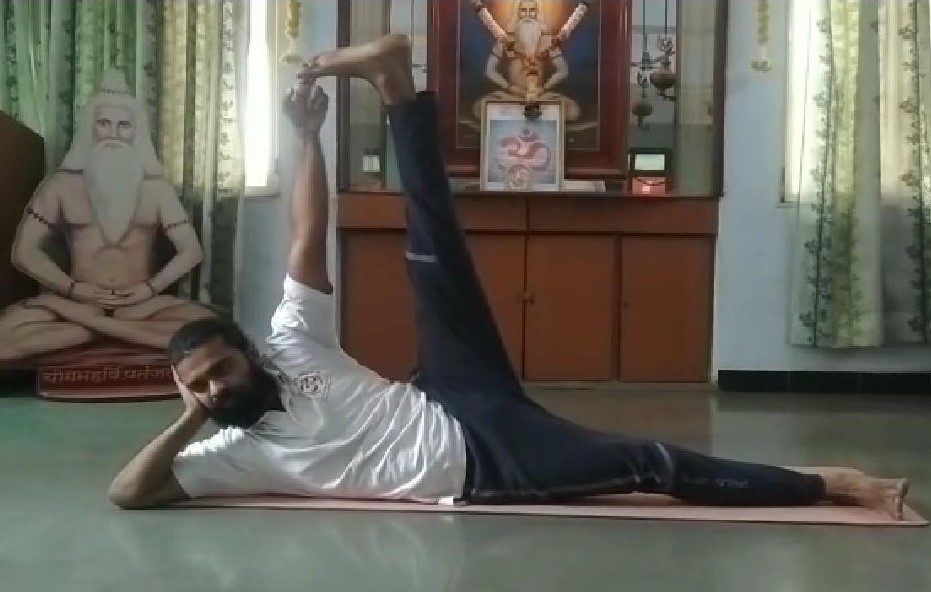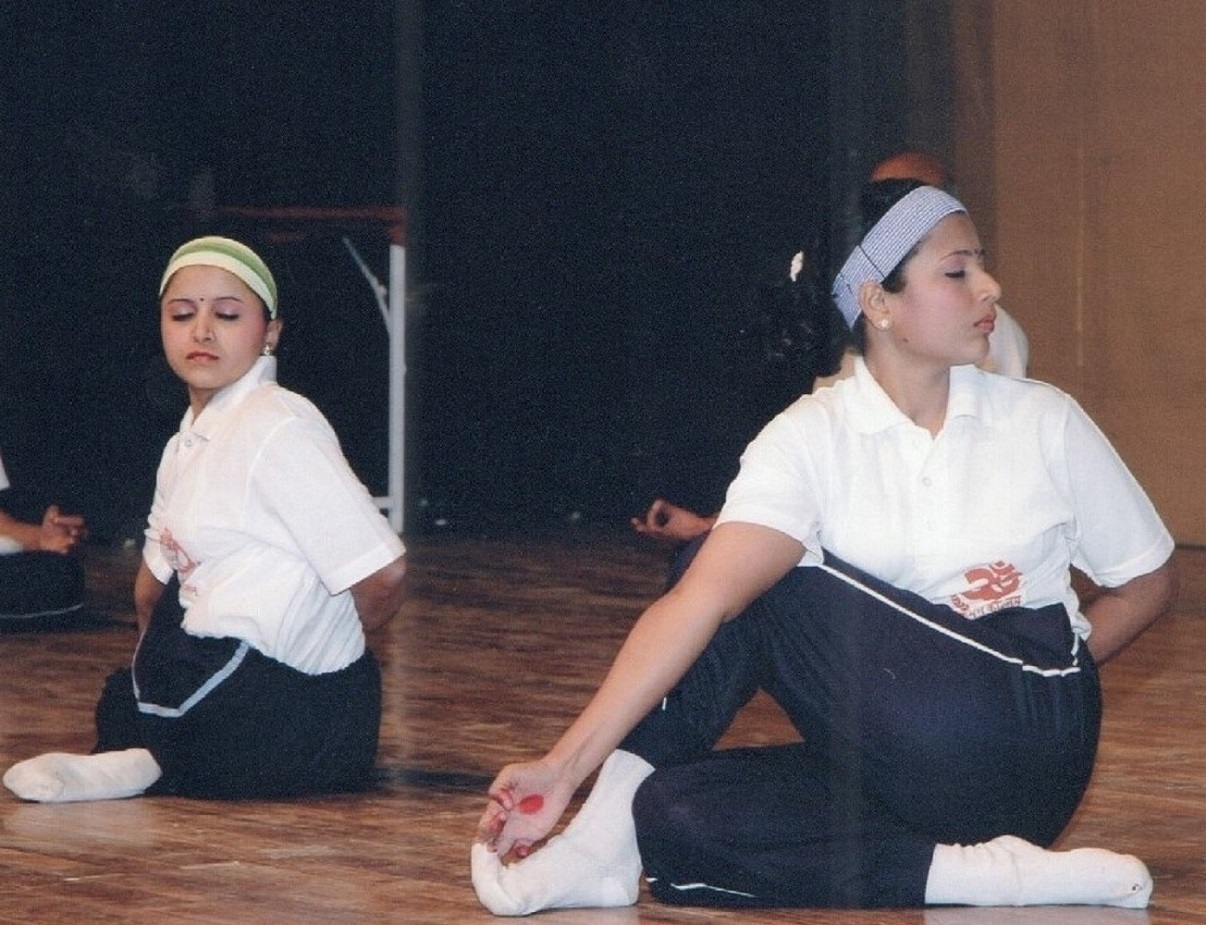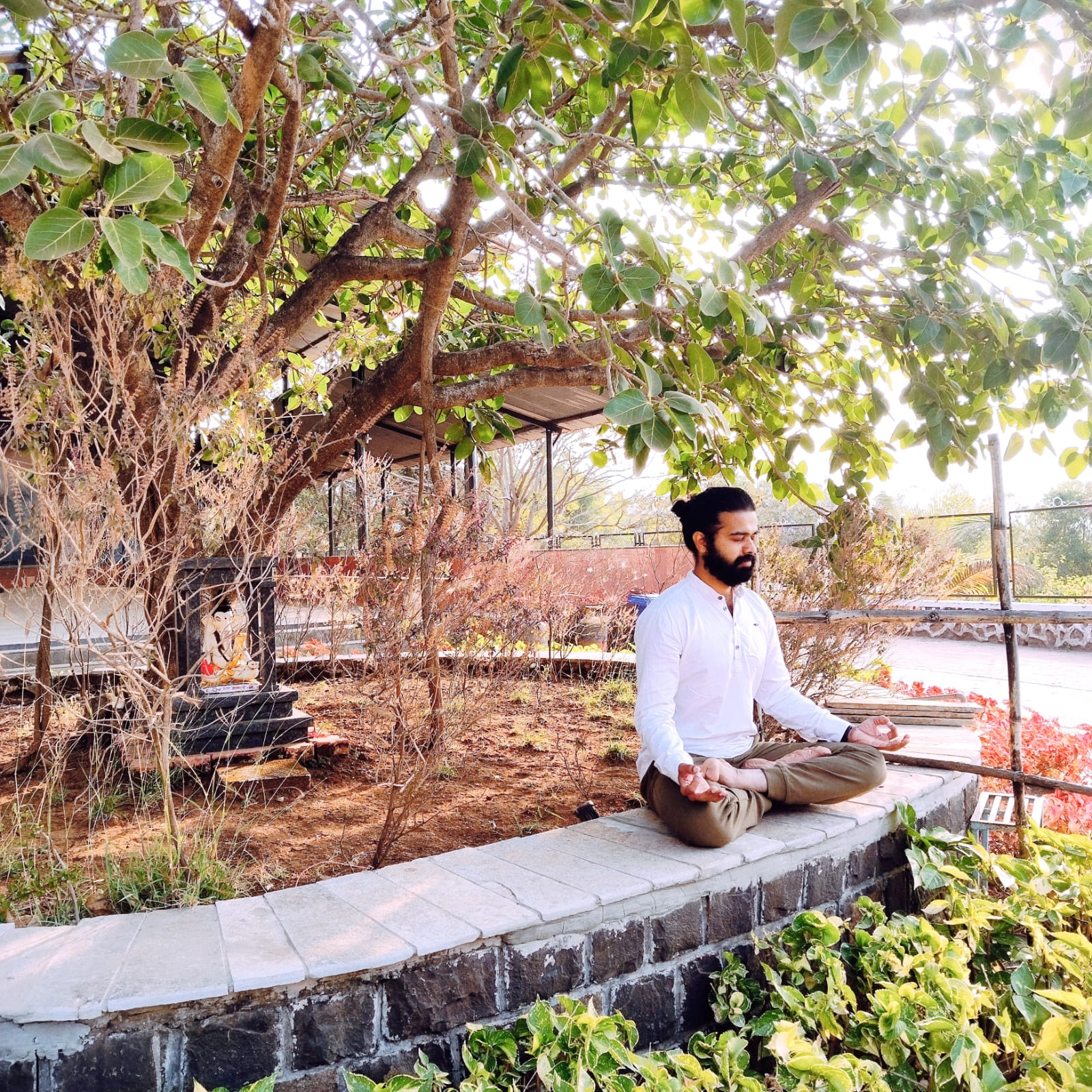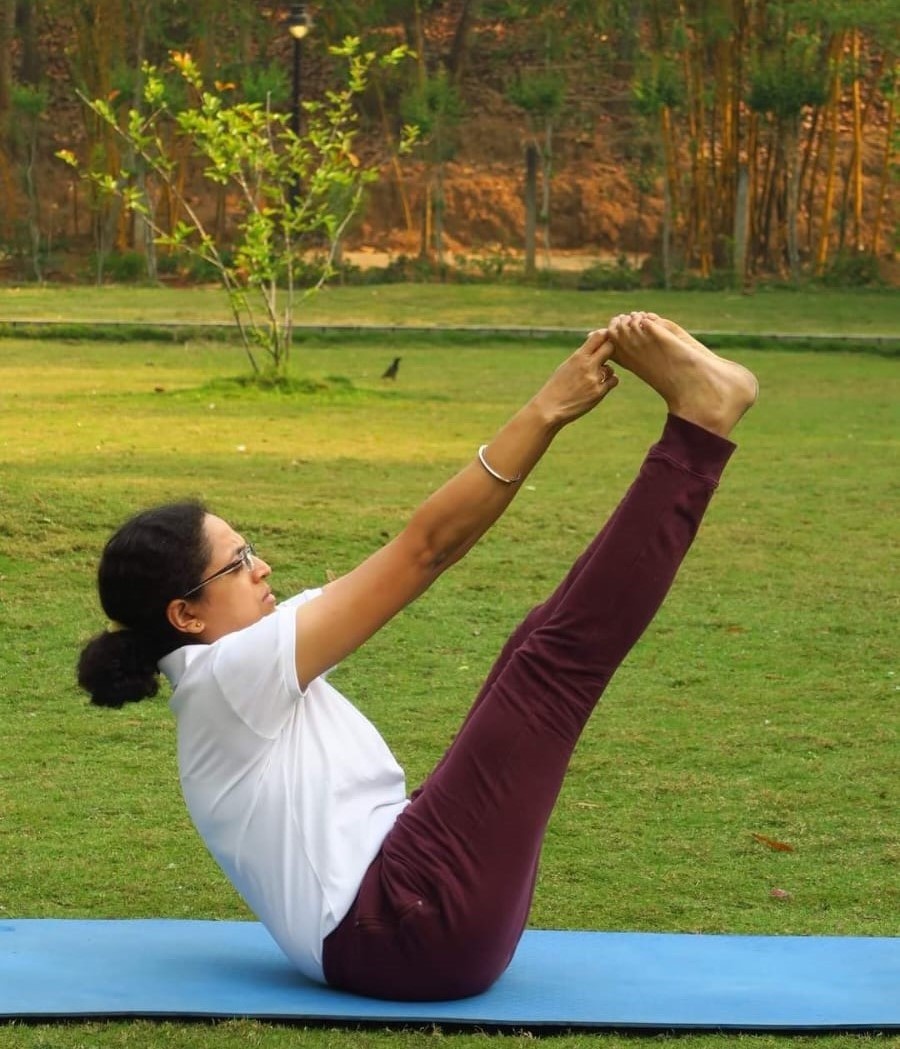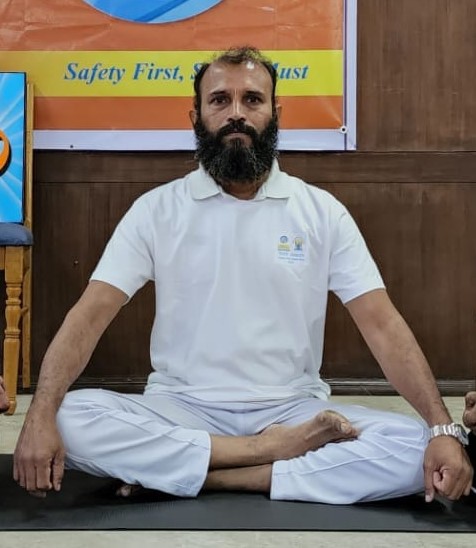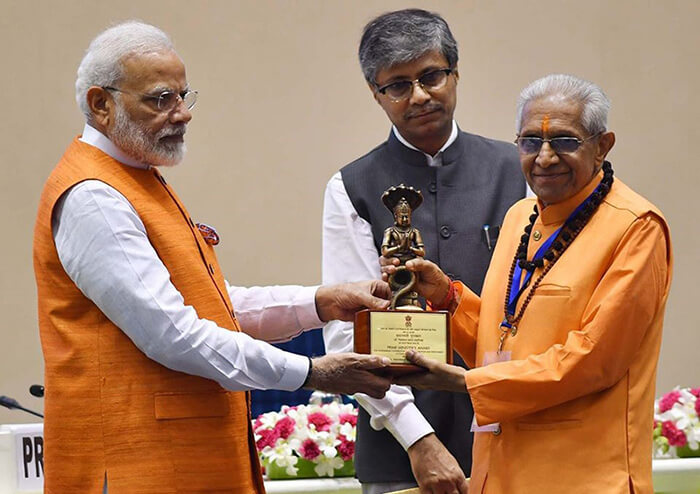1. Breath Awareness:
Mindful breathing is a fundamental aspect of yoga. Practitioners are encouraged to focus on their breath, observing the inhalations and exhalations without judgment. This helps in grounding you in the present moment, calming the mind, and cultivating awareness of the body.
2. Body Awareness:
During yoga, you are guided to pay close attention to the sensations in your body as you move through various postures (asanas). Mindfulness involves noticing any areas of tension, discomfort, or tightness without trying to change them immediately. This awareness can help you adapt and adjust your practice to suit your body’s needs.
3. Present-Moment Awareness:
Yoga encourages you to let go of distractions and worries about the past or future. Instead, it invites you to fully engage in the current pose or movement, savoring the experience and staying fully present.
4. Non-Judgmental Observation:
Mindfulness in yoga involves observing your thoughts and emotions without judgment. If your mind wanders or you become frustrated with your practice, mindfulness teaches you to acknowledge these feelings and then gently return your focus to the present moment.
5. Intention Setting:
Before beginning a yoga session, many practitioners set an intention or focus for their practice. This could be a personal goal, affirmation, or a dedication to someone or something. Mindfulness helps you stay connected to this intention throughout your practice.
6. Meditation and Savasana:
Yoga often concludes with a period of meditation and relaxation called Savasana (Corpse Pose). During this time, you continue to practice mindfulness by allowing your body to relax fully and your mind to become still.
7. Mindful Transitions:
In yoga, transitions between poses are just as important as the poses themselves. Mindfulness encourages you to move deliberately and with intention during these transitions, maintaining awareness of your breath and body alignment.
8. Integration into Daily Life:
One of the goals of practicing mindfulness in yoga is to carry this mindfulness off the mat and into your daily life. It helps you become more aware of your thoughts, actions, and reactions in everyday situations, leading to greater emotional regulation and reduced stress.
By incorporating mindfulness into your yoga practice, you can experience not only physical benefits such as improved flexibility and strength but also mental and emotional benefits like reduced stress, increased self-awareness, and greater emotional balance. Mindfulness in yoga is a valuable skill that can extend beyond your practice, positively impacting your overall quality of life.




